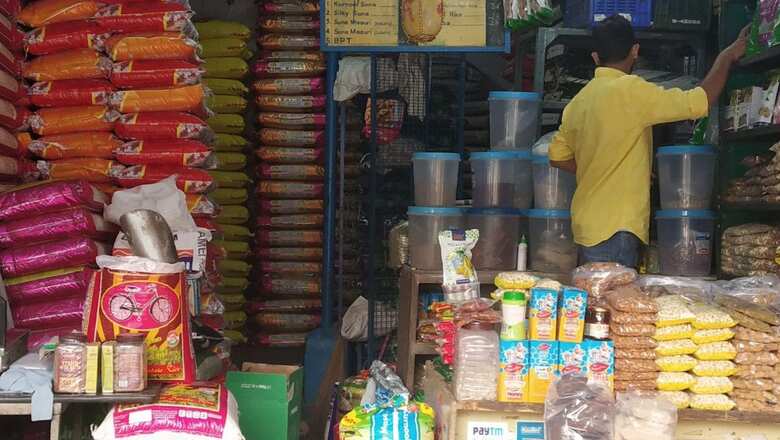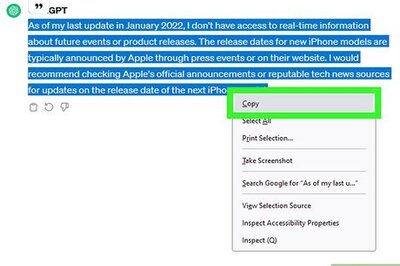
views
The GST Council in its 47th meeting had unanimously decided to go for a rate hike on several daily essential items. The GST rate hike on these items will be implemented from Monday, July 18, after which the common man may have to pay extra to buy day to day items, further increasing their kitchen budget. The prices of daily essential items like curd, lassi, rice and others are expected to increase after July 18, as the Goods and Service Tax rates on these items have been hiked.
What Daily Items are Getting Costlier after GST Rate Hike?
“Pre-packaged and pre-labelled retail pack in terms of Legal Metrology Act, including pre-packed, pre-labelled curd, lassi and butter milk” will attract a GST at a rate of 5 per cent from July 18, the GST Council said in a press release following its meeting in late June.
“Prices will go up on daily essentials for end-consumer who cannot avail input tax credit benefits. These include pre-packaged or labeled buttermilk, curd, and paneer, earlier exempted, and will now attract 5 per cent GST starting from 18th July 2022,” said Archit Gupta, Founder and CEO of Clear. ” Exemptions were also withdrawn on daily staples such as pre-packaged or labelled rice, wheat, flour, etc adding to the price burden for the common man,” he said.
“The exemption was withdrawn on pre-packaged items even if unbranded to monitor branded suppliers/ manufacturers who escaped registration and claimed exemption of GST by keeping goods unlabelled,” added Gupta.
Other than this, 18 per cent GST will be levied on fee charged by banks for the issue of cheques (loose or in book form), the council has informed. The prices of LED Lights, fixtures, LED Lamps are set to see a price hike as the GST council has recommended a correction in the inverted duty structure from 12 per cent to 18 per cent.
Hospital Rooms, Hotels Stays to be Costlier
Hospital room rent (excluding ICU) exceeding Rs 5000 per day per patient will be taxed to the extent of amount charged for the room at 5 per cent without ITC. Previously, this was exempt from Goods ad Service Tax (GST).
The GST Council also decided to bring hotel rooms under Rs 1,000 per day under the 12 per cent GST slab, as opposed to tax exemption category at present.
What Does the GST Rate Hike Mean for Consumers, Retailers?
While the GST rate hike from July 18 will affect the kitchen budget, retailers will also face certain consequences. This will increase the pressure on the common man, who is already reeling under inflationary pressures, with the retail inflation being over 7 per cent in June — much above the RBI’s threshold of 6 per cent. On the other hand, retailers and shopkeepers will face challenges with dealing with the price changes.
However, the rake hike could be actually implemented a little later, Gupta said. “It means those items already on a retail store’s shelf may change MRP prices due to new tax rates. However, if either the tax invoice was raised or an advance is paid before 18th July, for sale executed before 18th July 2022, the old tax rate would apply, or the exemption stays,” he said.
“In the rest of the cases, the new rates would apply. In other words, those freshly supplied after 18th July will attract the new rate or get no exemption, as the case may be,” said Gupta on the GST rate hike.
Read all the Latest News, Breaking News, watch Top Videos and Live TV here.




















Comments
0 comment